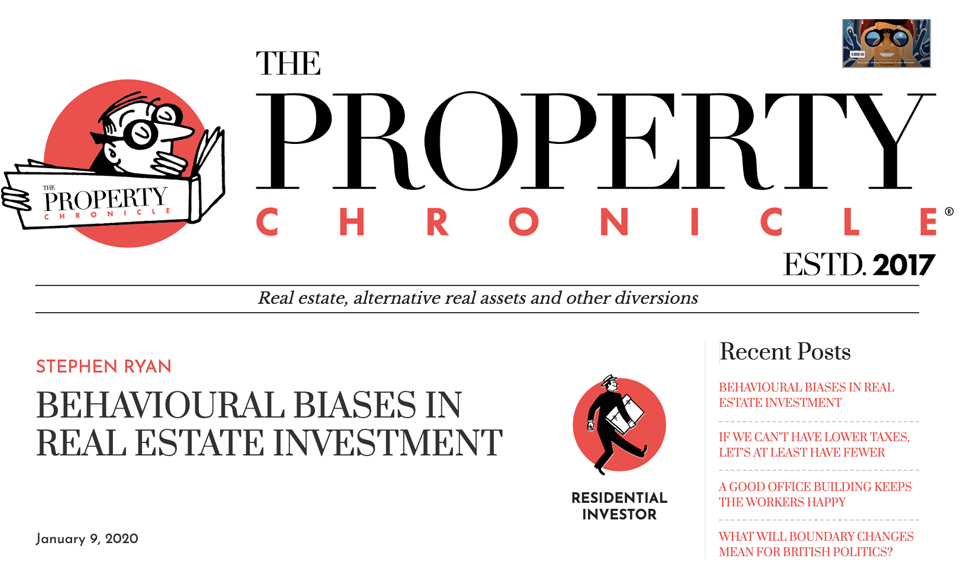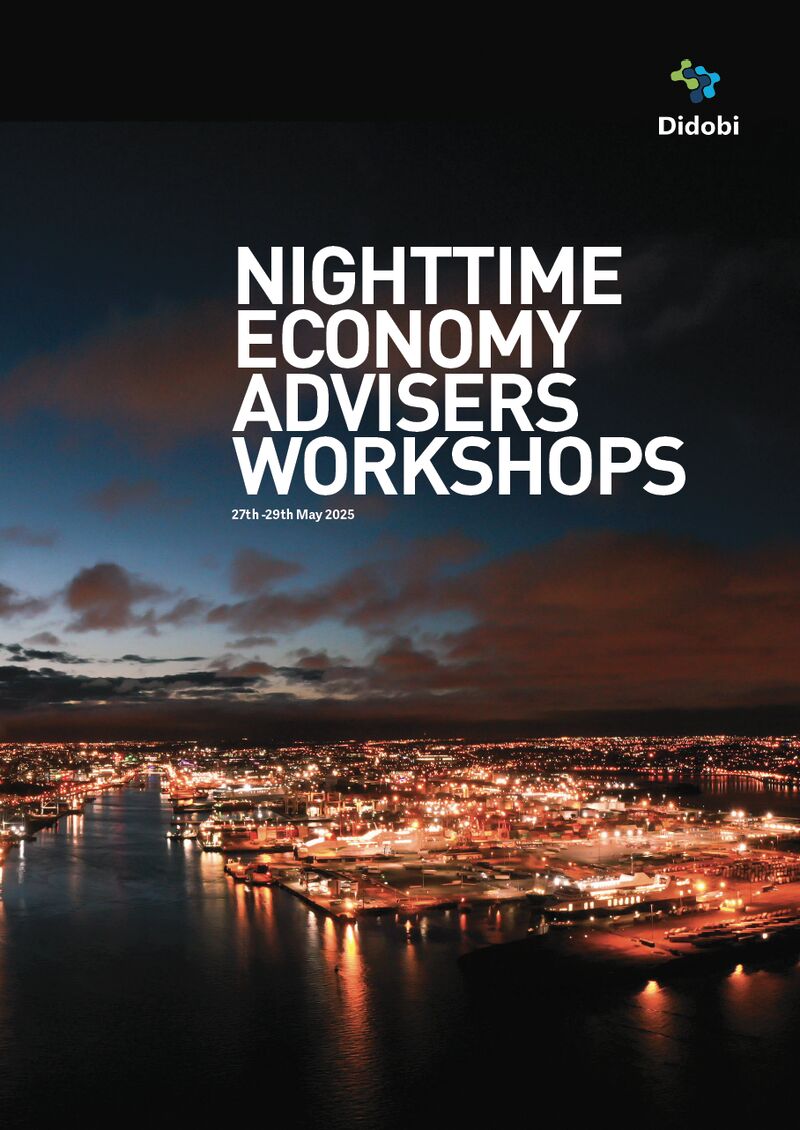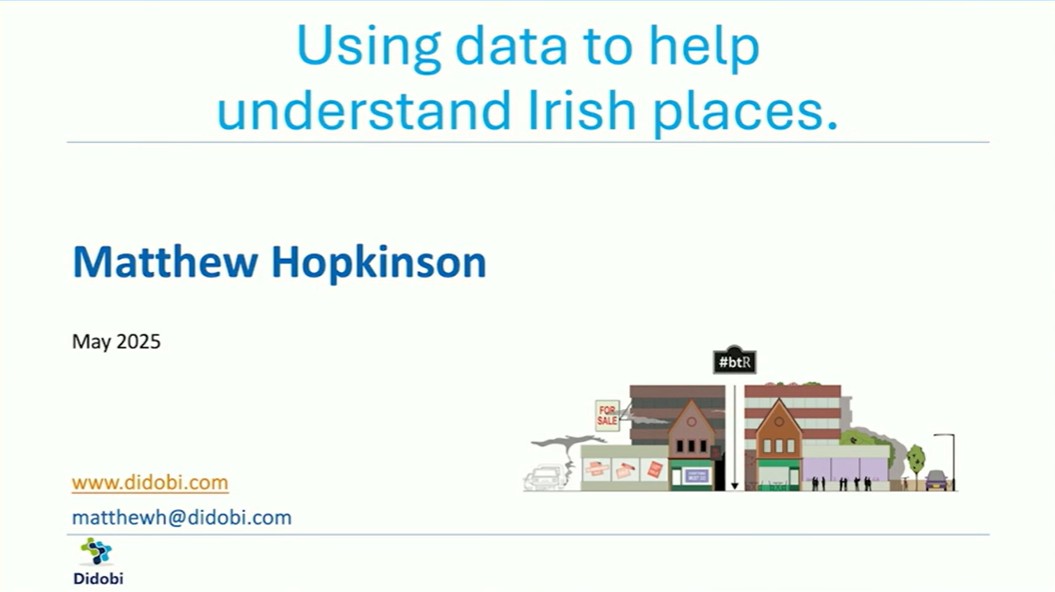
Behavioural Biases In Real Estate Investment
Human psychology can have a big impact on decision-making. We make cognitive errors on a routine basis by using rules of thumb and over-simplifications. We follow stories rather than facts. We are prone to social biases, such as groupthink and herding. Didobian Stephen Ryan looks into the issues for the Property Chronicle.
Warren Buffett once noted that the wild swings in share prices are driven by the “lemming-like” behaviour of institutional investors rather than the aggregate returns of the companies that they own. Could that be true for real estate too?
Institutional investors and real estate
The research indicates that institutional real estate investors are not immune to behavioural risks. In fact, they may be more exposed to behavioural risks than smaller investors. The MIT Center for Real Estate found that “more experienced investors, and larger more sophisticated investment institutions, exhibit at least as much loss aversion behaviour as less experienced or smaller firms”.
MIT’s research focused on anchoring and loss aversion. There are two other behavioural biases, groupthink and herding, that merit attention in this late-cycle environment.
Going with the flow
Avoiding disagreement and conflict is human. Sticking together is strongly associated with survival. Investors go mad in herds but recover one by one, according to one observer writing in 1841. Herding can infect individuals but what about organisations such as pension funds?
Herding among pension funds
The Bank of England sees some evidence that UK defined benefit pension funds engage in reputational herding. They are driven by fear of underperformance relative to their peers. This fear makes them follow rather than think.
Dutch pension funds, which are among the world’s largest, are not immune either. There is considerable herd behaviour, especially in less mainstream asset classes. Pension funds that are interconnected via actuaries or dominant asset managers change their strategic allocations in the same direction over time. For real estate, the destabilising effects of herd behaviour are found on both the buy and sell side.
We all agree that groupthink is different
Unlike herding, groupthink occurs within organisations rather than between them. The collapse of Lehman Brothers is a “sobering lesson in groupthink”, according to the IMF. Groupthink occurs when people adapt to the views of others without real intellectual conviction. A consensus forms without serious consideration of consequences or alternatives.
Underperformance is linked to groupthink
US investment expert Charles Ellis analysed the extensive underperformance among institutional investors. He noted that investment committees suffer from an array of behavioural handicaps, one of which is groupthink.
In the case of pensions, he points out that within committees:
- “The protocols of corporate deference to hierarchy are well understood”
- “Open discussions on such theoretical subjects as how to evaluate investment managers … are rare.”
Not like other risks
Groupthink and herding are behavioural risks, not easily observable or quantifiable. But there is a greater problem: they could undermine the management of other risks. Cognitive biases such as group think and herding lead to less considered decision-making and consequently impede effective risk management.Thanks for signing up for the newsletter.
Take liquidity risk, the most dangerous and least understood financial risk. If decision-makers are prone to groupthink and herding, their assessment of liquidity risk may run along these lines: “We see no need to panic; but if there is, we will panic along with everyone else”.
Reasons to be cheerful
There are at least two. First, there is now more research on and greater awareness of behavioural risks. Second, artificial intelligence (AI) is rapidly advancing. Armed with better data and AI, principals (investors) may mitigate their own behavioural risks and better identify those risks among their agents (managers).
Readers, I look forward to hearing a chorus of disagreement. Anything less would worry me.






Leave a comment: